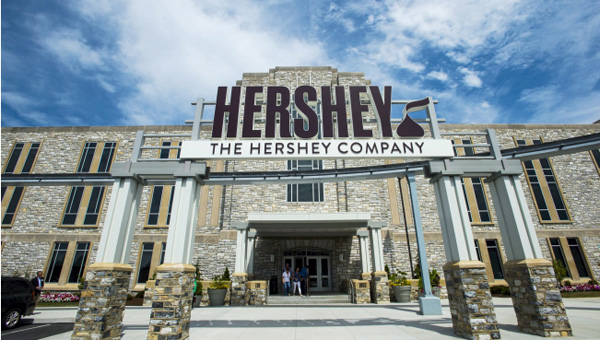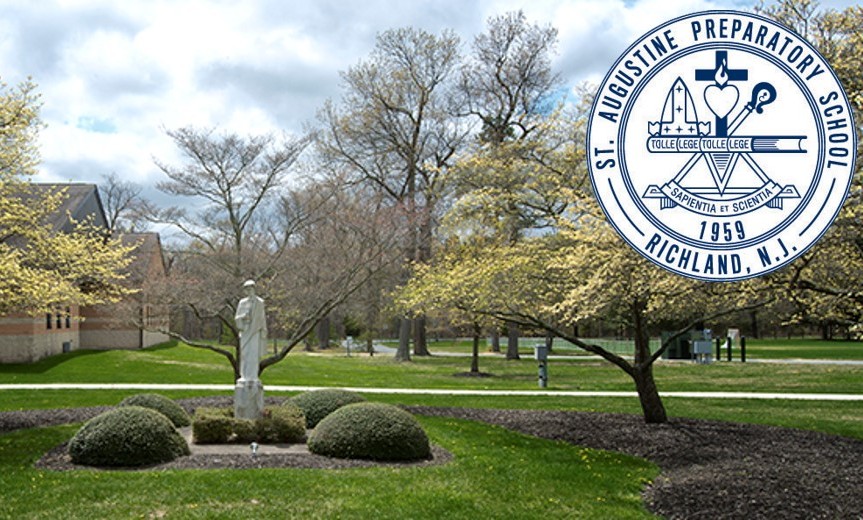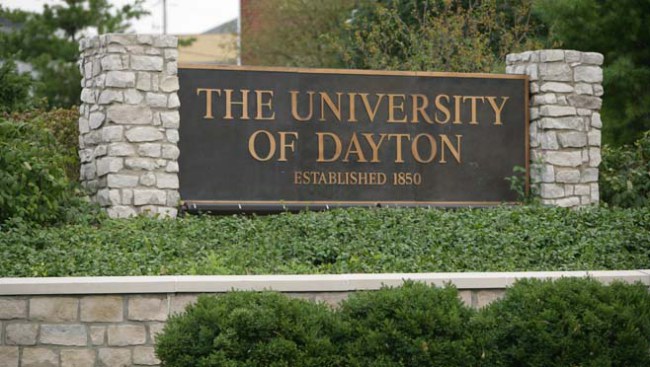Assessing the Impact of Philanthropic Efforts on Customer Loyalty

Image Credit: WITF
BACKGROUND
For nearly 100 years, the Hershey’s Company has quietly and without fanfare operated a school for socially challenged children, which was created when company founder Milton Hershey and his wife donated all of their considerable wealth to it. To this day, the Hershey School Trust remains the majority owner of Hershey’s Chocolate and is funded by Milton Hershey’s original gift and from the profits of each Hershey product sold. The company wanted to understand whether its philanthropic activities offered an opportunity to strengthen brand loyalty and purchase intent and, if so, make those findings available to the larger philanthropic community in support of their efforts to encourage corporate social responsibility.
SOLUTION
To investigate the effects of company philanthropy on consumers, Hershey’s turned to Fidelum Partners and its pioneering work on the Warmth & Competence model. Over the past several decades, social psychologists deduced that as humans struggled for survival they had to develop an ability to make two kinds of judgments with great speed and accuracy: What are the intentions of other people toward me? How capable are they of carrying out those intentions? Researchers call these two critical categories of human perception “warmth” and “competence.” New research, conducted by Fidelum Partners and a team of eminent social psychologists, has revealed that the way humans respond to brands is simply an extension of the way they instinctively perceive, judge and behave towards one another.
Given previous findings that warmth dimensions such as “honest and trustworthy” and “acts in its customers’ best interests” were found to be highly predictive of brand purchase intent and loyalty, Fidelum Partners’ research was designed to find out if Hershey’s philanthropic efforts favorably impact warmth perceptions and brand relationship strength. The research was also designed to test the hypothesis that consumers would view philanthropic efforts by a particular brand or company as a reflection of the warmth and competence of the people leading that brand, and therefore internalize them as an indicator of what they could expect in their own dealings with that brand or company.
Because Hershey’s philanthropy isn’t widely known or publicized, it provided an ideal test case for Fidelum Partners’ research among a demographically representative sample of U.S. consumers. Initially, the research captured the participants’ brand perceptions, purchase intent and loyalty. They were then exposed to the story of the Hershey School and Hershey Trust. They were then questioned about their prior awareness of these charitable efforts, how this information impacted their views on the brand and company, as well as their perceptions, purchase intent and loyalty for Hershey.
RESEARCH RESULTS
As expected, few customers were aware of Hershey’s long heritage of philanthropy, and nearly 80% of respondents indicated that their views of The Hershey Company, its employees and products were more favorable as a result of exposure to its story. Interestingly, respondents reported more favorable perceptions of the Hershey brand across all warmth, competence and social responsibility measures, suggesting that custommers conclude that Hershey’s charitable efforts are also an indicator that the brand acts fairly toward its customers, employees, farmers and communities as well. So it appears that building awareness of these philanthropic efforts also favorably impacts consumers’ perceptions of Hershey’s competence and social responsibility as well as warmth.

Purchase intent and brand loyalty also showed substantial increases, despite an already high baseline level, indicating that these philanthropic efforts can substantially strengthen the relationships that consumers form with brands. Perhaps more importantly, the research shows that information about the intentions and behavior of the people behind companies and brands can have significant impact on consumer perceptions and loyalty to the products and services those people produce. And for those who have sought to understand and quantify the value and impact of various corporate social responsibility efforts on brand and company business results, these findings shed new light on how consumer perceptions can be significantly influenced by those activities.
“This research proves with sound analytics what many of us had assumed to be the truth but had a difficult time proving with hard numbers. To really do what is in the best interest of your consumers, customers and community and to care about more than simply the bottom line turns out to not only help bottom line results but makes everyone better off in the process and is essential to driving growth and long term business success.”
Ed Martin
Director, Marketing Excellence and CSR Insights
The Hershey Company











